Photo taken with a Contax G2 and 45mm Zeiss Planar lens, on Ilford HP5 pushed to 1600.
I received a compliment about my photos that illustrates how much digital technologies have become the norm. I had emailed a few images to a friend. “Photos you sent are fantastic,” she wrote back. “What kind of filter or effects did you use?”
The reply is none, not filter in the sense she meant. The Contax lens, a 45mm Planar, with which I usually shoot in fact has a B&W UV filter affixed to it, but she didn’t have that type of filter in mind. She meant what effects had I selected from an app.
I had taken a series of snapshots, just quick, spontaneous clicks of the shutter as she, her husband, and their teenage daughter were studying the menus at a restaurant. As casual as the analog results were, and grainy, too, because of the low light, they had the quality that digital imitates.
Perhaps it a blind test (no pun) would show this difference is merely our imaginations, or maybe additional advances will change matters, but film images still appear distinct than digital images. The best words to describe the subtlety are elusive. “Natural” is not right, since film itself is a simulation. It may be the representation to which the generation that grew up on it has become accustomed.
The truth is the photographs of this family could have been superior by some standard, if they had been rendered with my MFT digital camera, at least with the best of the lenses. They might even have been matched, but for a bit of subtlety, with my iPhone. That would not have been the same though. The very act of making the image — the process, the moment — is integral to the meaning of the product. That is why we wonder about photos of strangers, discovered as artifacts. We yearn for the backstory and the context.
The next generation will change no doubt. People will forget what film looks like — more accurately, past tense, looked like. They will establish a new norm.
I am reminded of maple syrup and orange juice. I grew up in an era when artificial sweetened versions of maple syrup and reconstituted from frozen concentrate orange juice were what was available. Or they were all my parents were about to buy, with modest means and a frugal attitude. It is easy to purchase artisanal maple syrup and fresh squeezed OJ now. I have the financial resources to do so if I wished now and then. Yet I am accustomed to the counterfeit, cheaper versions. The authentic, premium stuff feels off.
Or you can watch motion pictures. At high frame rates or on the latest digital television, there is the dreaded “soap opera effect.” Many people can perceive it, but most seem able to adjust. It does not bother them. For those who notice it, and are disturbed, it ruins the illusion. You can argue the innovation is an improvement. But it does not comport with expectations.
When the frame rate exceeds the usual 24 frames per second of movies, including digitally shot movies that have been set to mimic old-school film movies, and instead corresponds to the 30 or 60 frames per second of soap operas, the unpleasant phenomenon is generated. On an LCD screen, it is caused by the refresh rate of the screen exceeding the frame rate of the medium, prompting the machine to “interpolate” additional frames that do not in fact exist but are a mash-up of the proceeding and following frames. Suspension of disbelief becomes difficult. (Conventional broadcast TV had issues that were similar but not as severe. Technophiles might be more precise, that what is deemed 30fps is a smidgen less than that to accommodate the signal for color TV versus black and white TV.)
The technology is never more than necessary; it is rarely sufficient. As cameras become phones and phones become cameras, and the population of the first world takes selfies to death, the art of photography is simultaneously easier and harder. It is easier to be competent. You don’t need to know anything about focal length, f-stop, metering, ISO, shutter speed, white balance, parallax, aspect ratio, or, really, anything at all. You don’t even need to care about composition. Yet it is harder to be better than competent. The problem is everyone can produce a decent snapshot. Anything that catches the eye requires all the more skill and dedication. Nobody is impressed by technical expertise if they, too, can purchase it off the shelf. The mastery of Ansel Adams is more difficult to appreciate for an audience that assumes an algorithm can emulate it automatically. Deep focus and bokeh are just alternative buttons to press.
Our collective disinterest in facts may be an unintended consequence of photo editing. It is all data anyway, so if it’s been manipulated in post-processing that hardly seems protesting. The #nofilter meme can be its own fetish. Yet we likely be sorry if we lose altogether the notion of an objective reference point. The skeptic Descartes was among the original modern philosophers. His “cogito ergo sum” (“I think, therefore I am”) was the answer to a question. How can we be sure we are not solitary dreamers, fooled by an evil deceiver into believing there is a material world around us populated by other souls.
The filter we need in life is a curator. We need to edit. There is too much media for us to perceive much less comprehend. The stream washing over us relentlessly is too great to cope with. Even the best educated person can know but an infinitesimal fraction of what there is to know. The scope of individual comprehension is bound to decrease in an inverse correlation to the limit of our collective awareness. We are moving beyond our capabilities. It is the phenomenon of outrunning your lights on a motorcycle: in the dark, when you are traveling so fast that if something appeared at the far end of where your illumination projects, you would not be able to react and stop quickly enough to avoid hitting that object.
I like that my friend cannot replicate what I did with a phone. She probably can come close. The tiny deviation that remains, however, is what separates the analog from the digital, the real from the fake, the extraordinary from the ordinary. The better all of us are in general, the better each of us must be in the details. Otherwise we will lose our individuality.
Share this post:
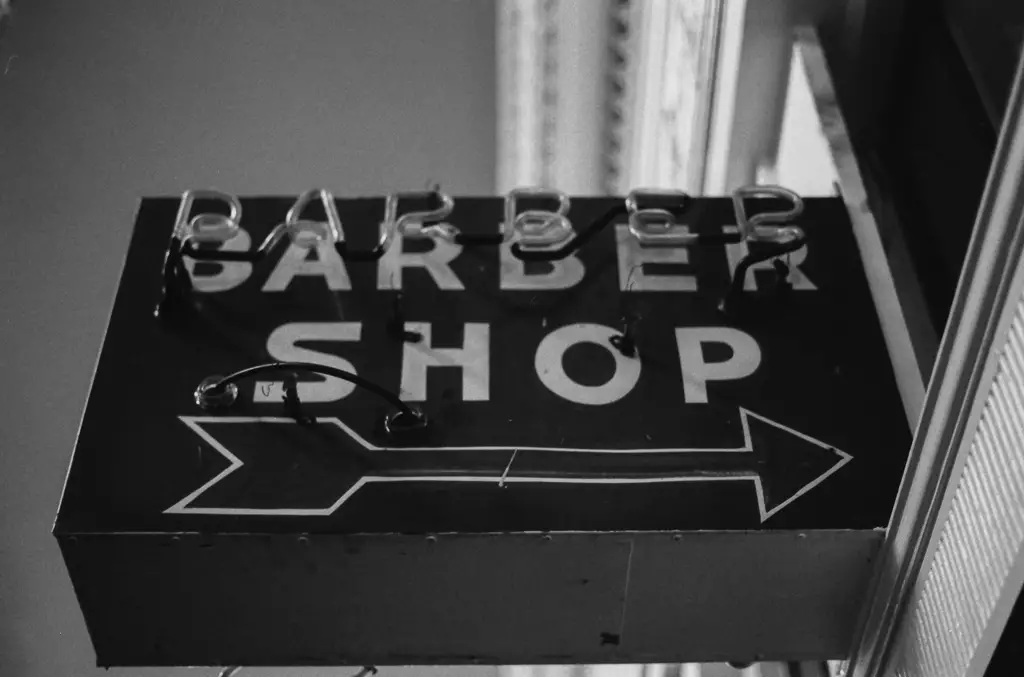
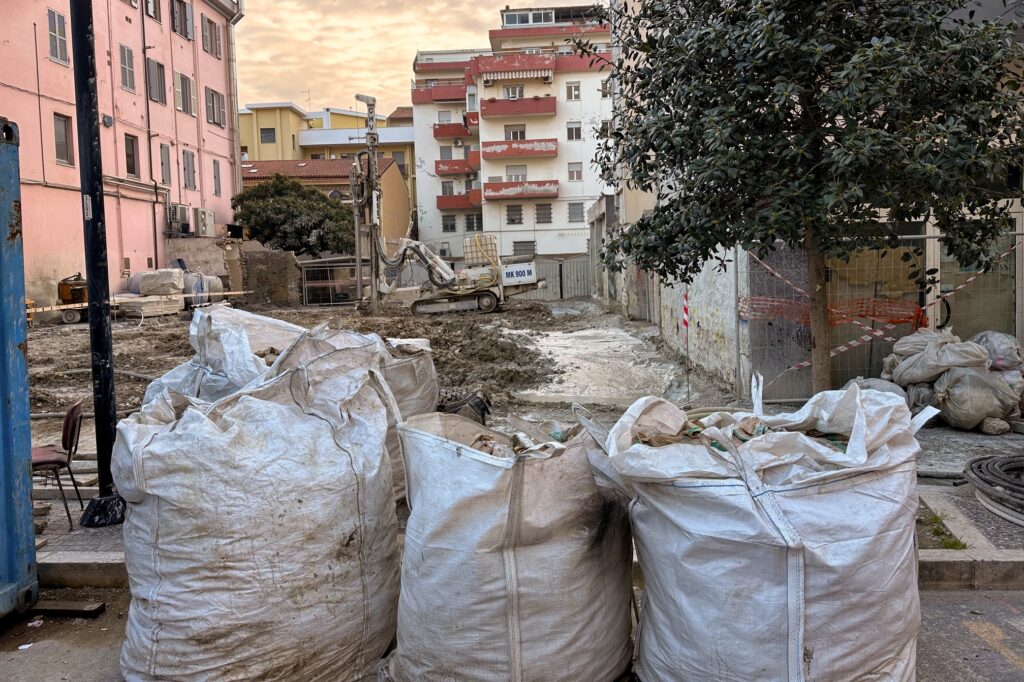
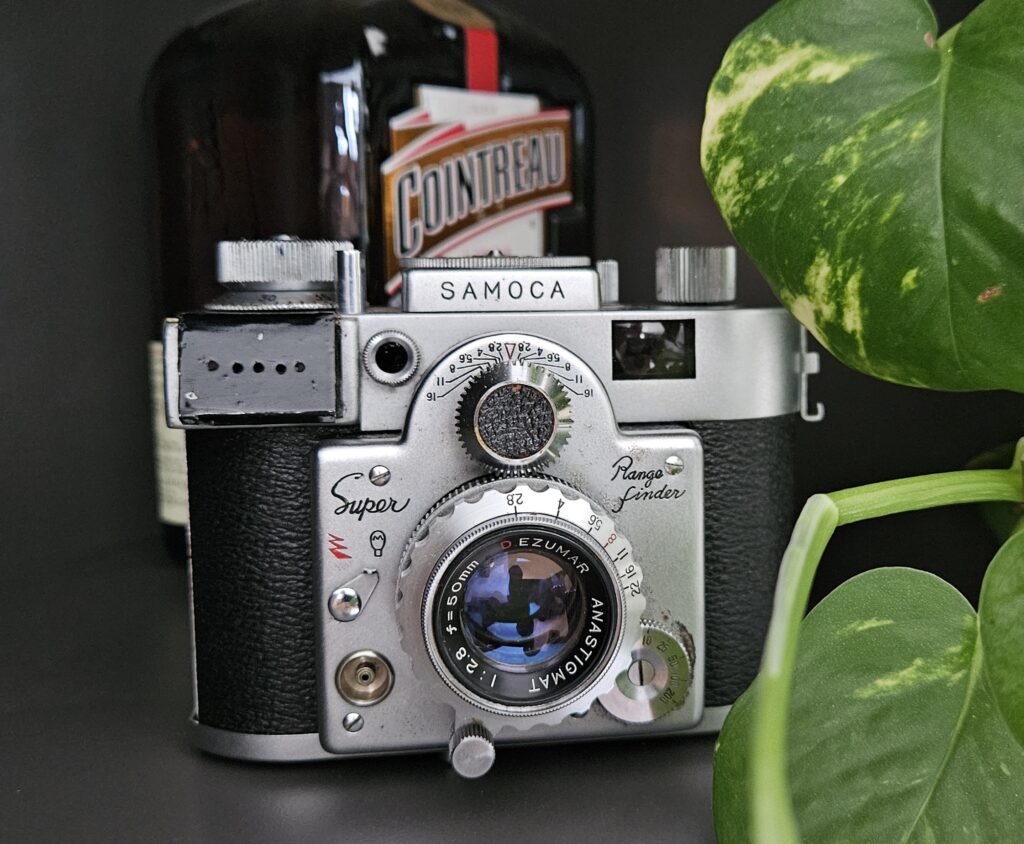
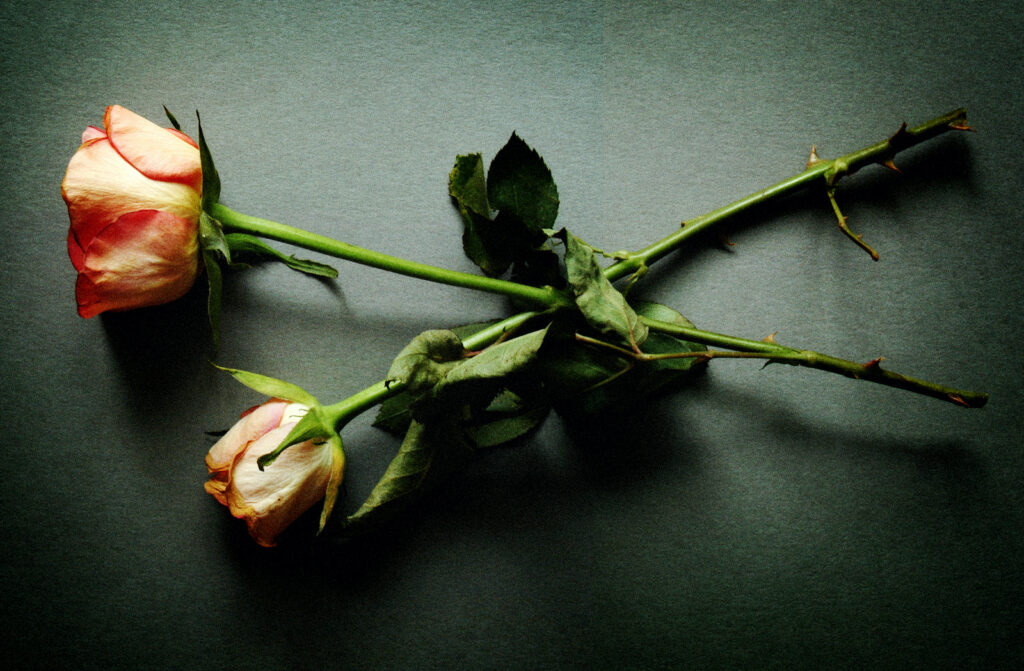
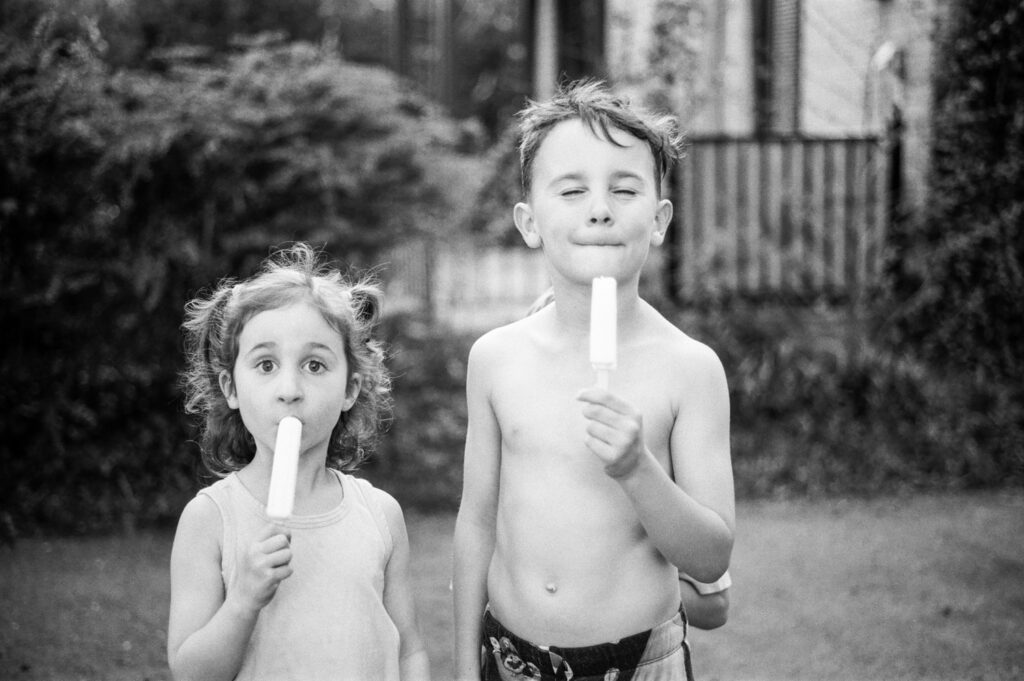




Comments
Laurie Branch on Is it Easier or Harder to Take Photos Now? – By Frank H. Wu
Comment posted: 03/11/2018
Comment posted: 03/11/2018
Terry B on Is it Easier or Harder to Take Photos Now? – By Frank H. Wu
Comment posted: 03/11/2018
I perceive this as a seismic shift from the days of film when the family snapper could have a high percentage of wasted images through poor exposure and/or blurred images caused by camera shake. And let's not forget the oft times indifferent High Street processing.
But no matter how technically competent may be a camera it can't (yet) make any decisions about the artistic merit of whatever it is being pointed at. This is still the prerogative of the photographer and can require skill levels beyond the average snapper.
Jim Grey on Is it Easier or Harder to Take Photos Now? – By Frank H. Wu
Comment posted: 03/11/2018
Mika on Is it Easier or Harder to Take Photos Now? – By Frank H. Wu
Comment posted: 04/11/2018
Thanks Franck for sharing this interesting part of your thoughts.
JamesW on Is it Easier or Harder to Take Photos Now? – By Frank H. Wu
Comment posted: 04/11/2018
George Appletree on Is it Easier or Harder to Take Photos Now? – By Frank H. Wu
Comment posted: 05/11/2018
many do, maybe the fact of using a film camera or a digital one has not much to question about.
The trivialization of photography it seems brought great results. Masters have multiplied by hundreds, a few years experience and a lot of media sharing do the rest (instead of Kodak).
But making equal film with real and digital with fake is demagoguery.
Daniel Castelli on Is it Easier or Harder to Take Photos Now? – By Frank H. Wu
Comment posted: 06/11/2018
Someday I'll be good.
Kodachromeguy on Is it Easier or Harder to Take Photos Now? – By Frank H. Wu
Comment posted: 07/11/2018
Recommended reading : Down the Road on Is it Easier or Harder to Take Photos Now? – By Frank H. Wu
Comment posted: 05/03/2020